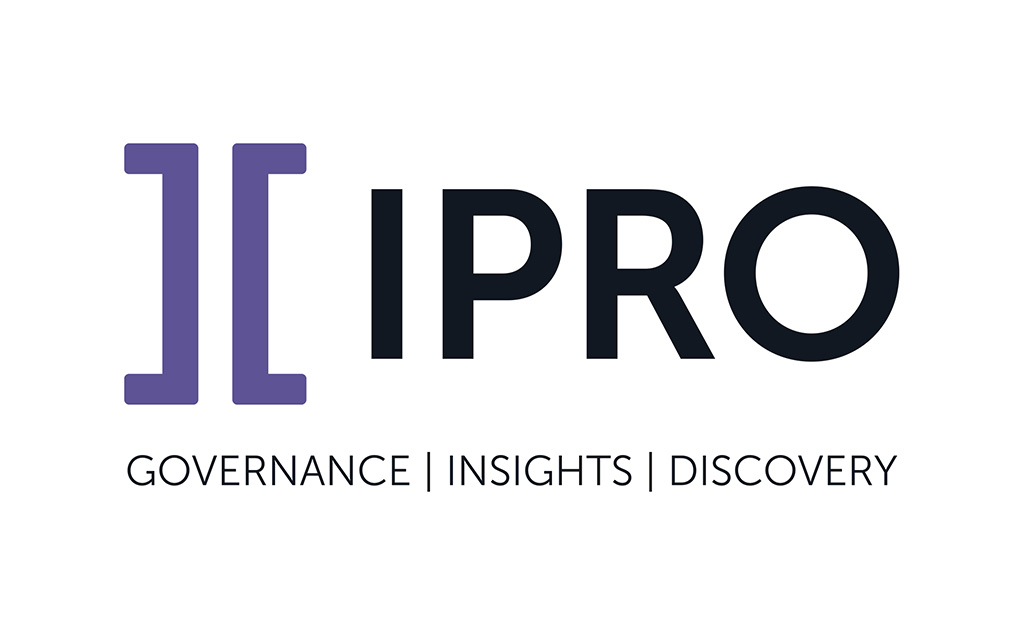
Written by Doug Austin, Editor of eDiscovery Today
As I wrote about a few weeks ago, eDiscovery Today recently released the 2022 State of the Industry Report regarding industry trends for eDiscovery.
One of the questions I asked that 281 respondents answered was “What do you think is the eDiscovery challenge that not enough people in the industry are talking about?” There were nine selections to choose from, plus an “Other” write-in option. With that many selections, you would think the results would be evenly distributed.
But it wasn’t. The top choice of survey respondents was “Lack of eDiscovery Competence within the Legal Profession” at 30%. The second most selected choice was “Discovery of Collaboration App Data” at 12.9%. It was the second year in a row that “Lack of eDiscovery Competence” was the top choice.
Enforcing the Duty for Technical Competence
As you may know, lawyers have an ethical duty to competence as outlined by Rule 1.1: Competence from the ABA Model Rules of Professional Conduct. But it’s Comment 8 to Rule 1.1 that gets the most attention from legal tech and eDiscovery professionals. It says (emphasis added):
[8] To maintain the requisite knowledge and skill, a lawyer should keep abreast of changes in the law and its practice, including the benefits and risks associated with relevant technology, engage in continuing study and education and comply with all continuing legal education requirements to which the lawyer is subject.
That technology competence clause not only has been emphasized by the ABA, but similar language has been picked up by 39 states now. Bob Ambrogi’s terrific LawSites blog, has tracked all of the states’ adoption of the ethical duty of technology competence, so you can check to see if your state is there.
There aren’t any rules on eDiscovery competence, but there is one state opinion from California. Formal Opinion No. 2015-193 states (among other things):
An attorney lacking the required competence for e-discovery issues has three options: (1) acquire sufficient learning and skill before performance is required; (2) associate with or consult technical consultants or competent counsel; or (3) decline the client representation. Lack of competence in e-discovery issues also may lead to an ethical violation of an attorney’s duty of confidentiality.
While most states now have an ethical duty of technology competence, only two states – Florida and North Carolina – have a technology requirement as part of their Continuing Legal Education (CLE) curricula. That’s general technology, not eDiscovery. For lawyers to take technical competence seriously, more states need to require technology CLE – otherwise, there is no enforcement of that duty of technology competence.
Three Technology Areas to Keep Abreast of Changes
Since the duty to keep abreast of changes includes technology, here are three technology areas that are rapidly changing for lawyers and legal professionals need to keep abreast of:
- Increase in Data Sources Like Mobile Devices and Collaboration Apps: Discovery isn’t just about email and office files anymore. Legal professionals have a duty to keep abreast of technology to support newer sources of ESI, like mobile devices, collaboration apps, and even Internet of Things (IoT) devices.
- The Move to the Left of the EDRM Model: I’ve written about this many times on this blog, but I’ll say it again – broad collection of the entire corpus of a custodian is no longer the best practice in the era of Big Data. Filtering and culling happen further upstream in the EDRM lifecycle and it’s important to understand the technology that exists which makes that possible.
- Artificial Intelligence and Machine Learning: You can’t discuss emerging technologies without discussing AI! IPRO, ZyLAB, and the Association of E-Discovery Specialists (ACEDS) recently surveyed 184 eDiscovery practitioners to better understand how AI is deployed across the eDiscovery industry and they discussed the results of that survey and understanding AI in this webinar that was held just last week!
Conclusion
eDiscovery bloggers like me are all about raising technology and eDiscovery competence – it’s what we do! I look forward to the day when we don’t have to say we’re not talking about the lack of eDiscovery competence enough.
My recommendation to anyone who wants to become more competent in eDiscovery is simple: 1) Spend 5-15 minutes daily reading about eDiscovery technology trends, and 2) Attend one or two one-hour webinar sessions per month. You can do both without cost and doing so will go long way toward boosting your technology and eDiscovery competence!
IPRO also offers e-Discovery courses in its learning center, as well as offers many webinars that can help you better overcome any challenges with eDiscovery.
For a FREE copy of the full 2022 State of the Industry report, simply follow eDiscovery Today via email and I covered the report at a high level here, which included a few high-level stats regarding the report.
And for more educational topics from me related to eDiscovery, information governance, cybersecurity and data privacy, feel free to follow my blog, eDiscovery Today!



